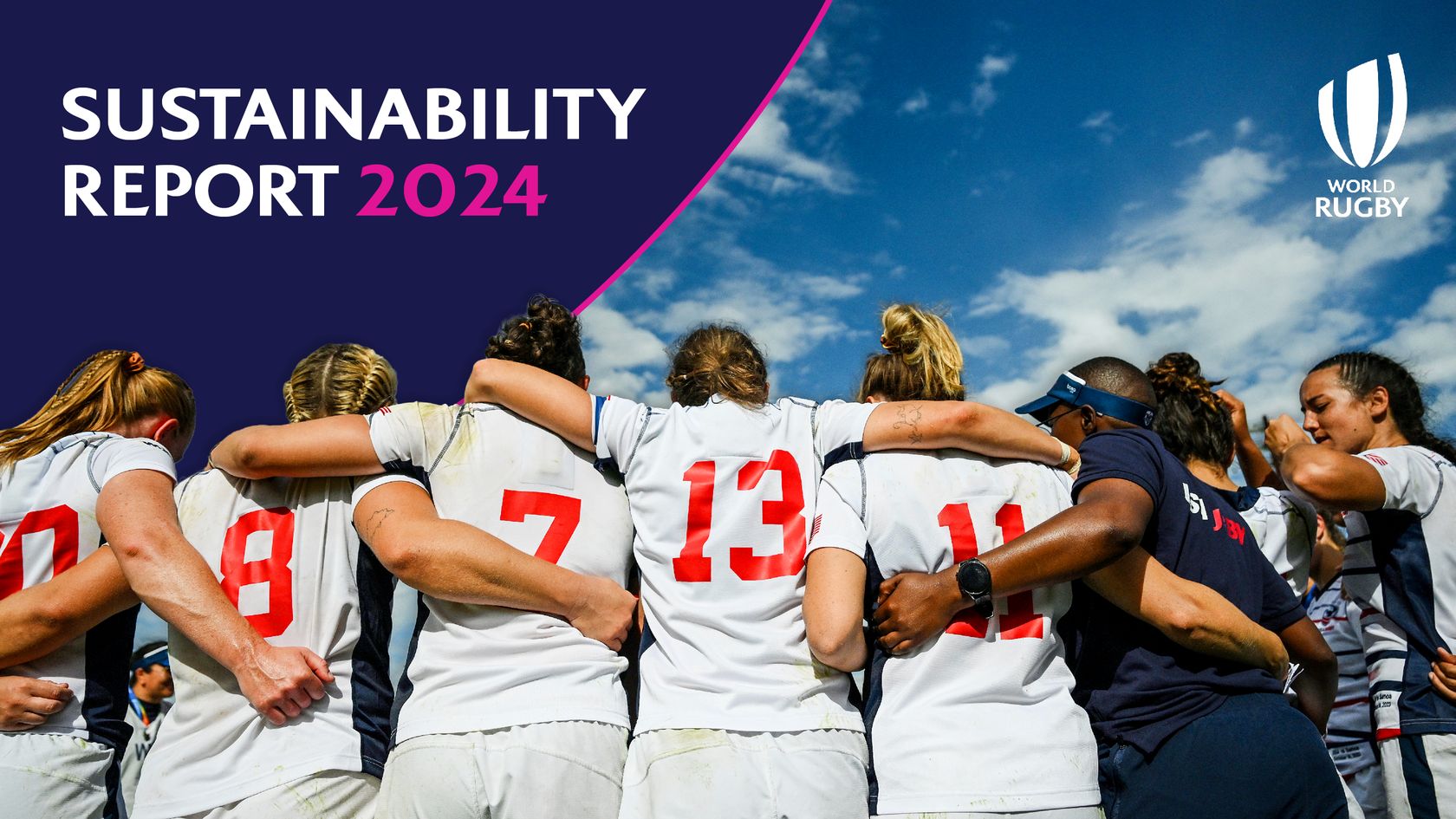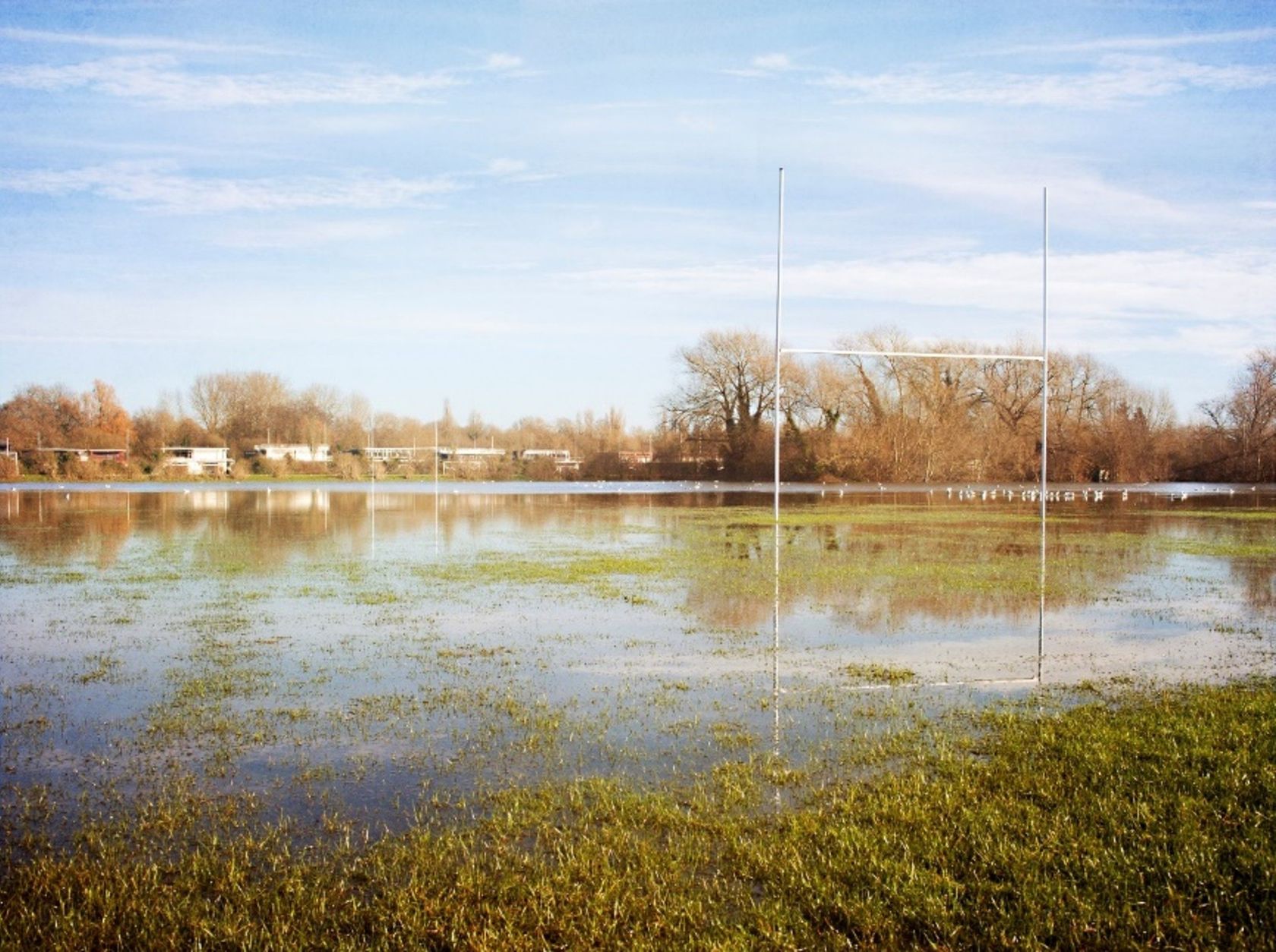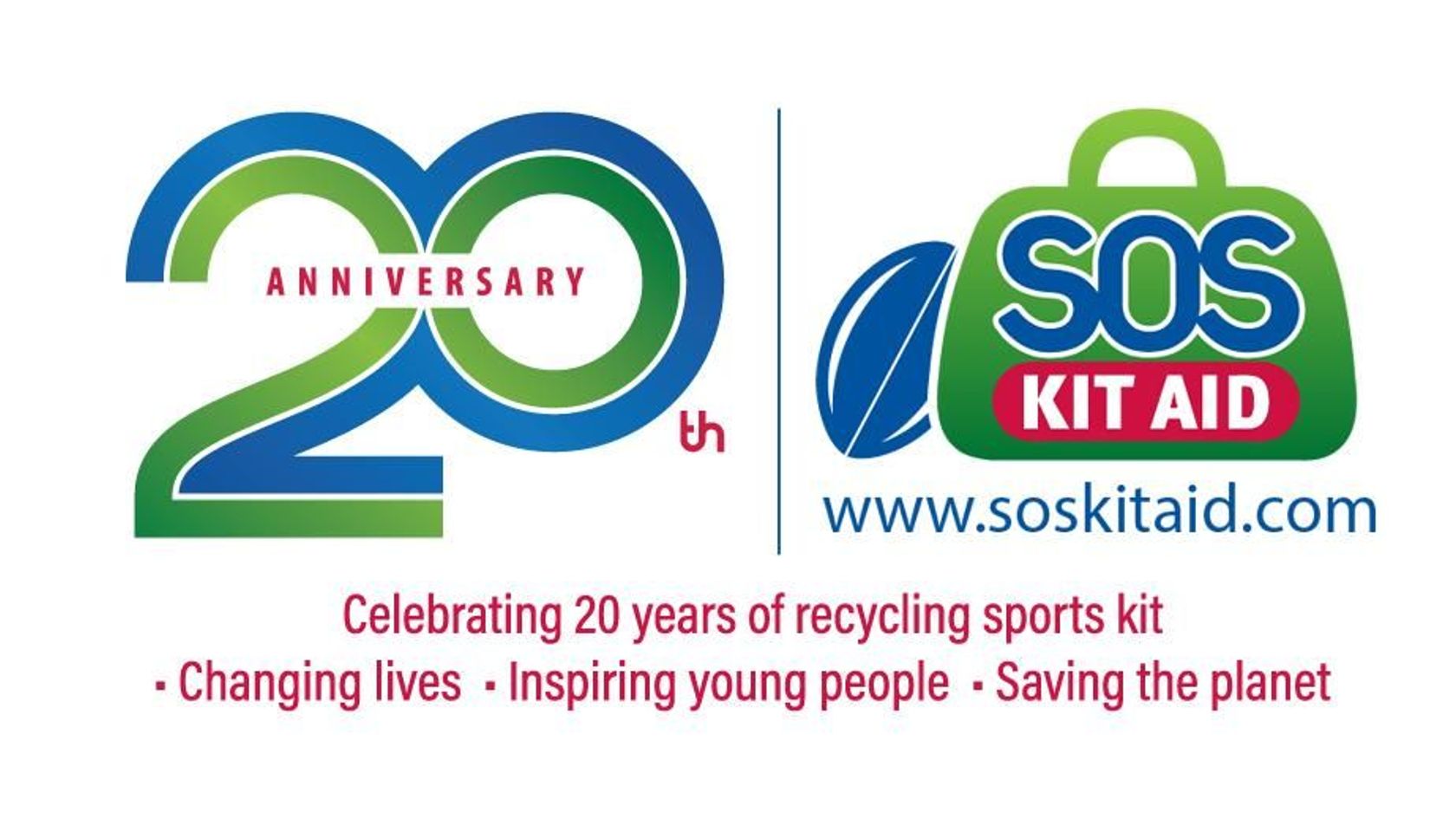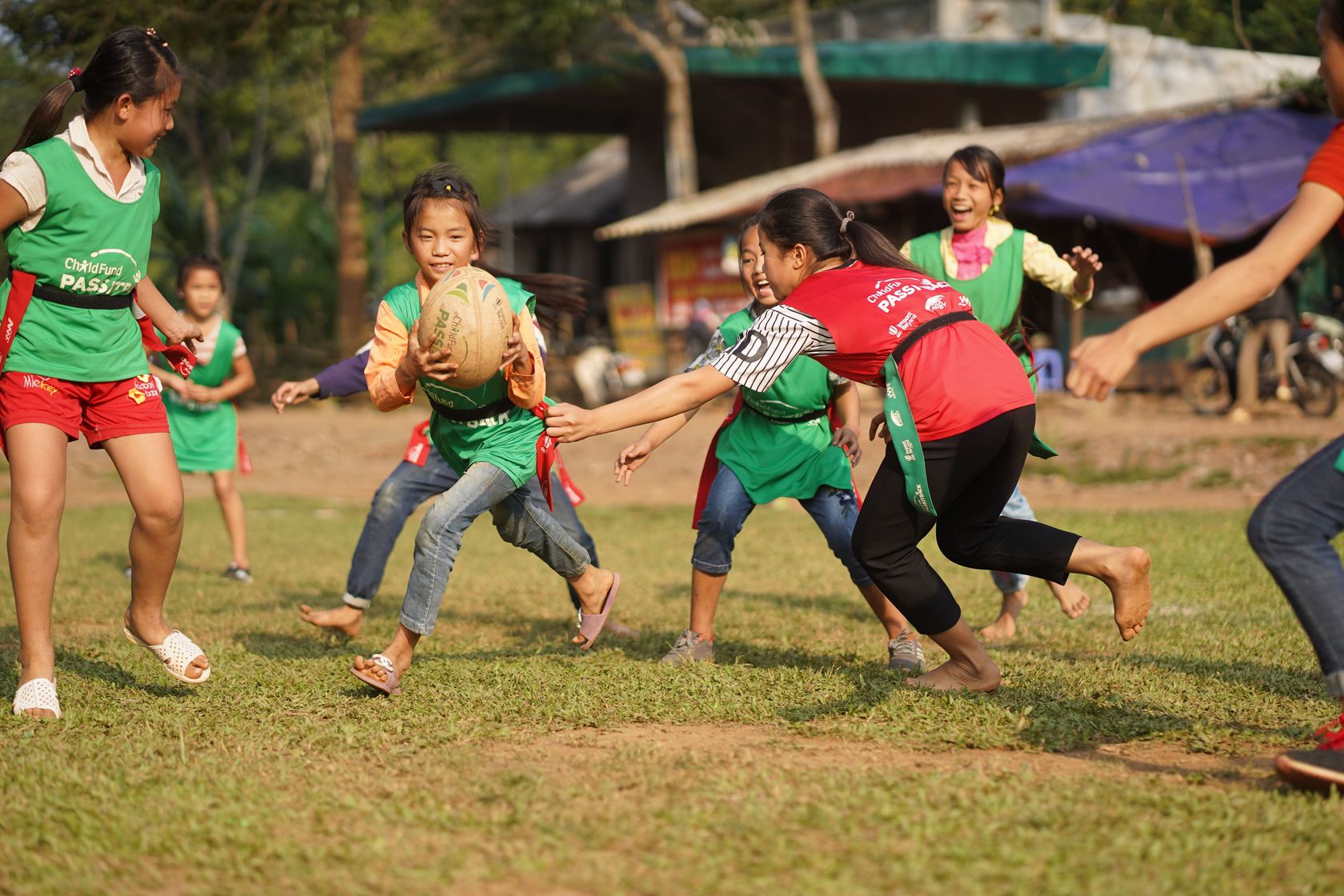Stratégie Environnementale 2030
Le rugby est un sport de plus en plus populaire dans le monde, avec un grand nombre de supporters, des tournois internationaux emblématiques et des joueurs dans plus de 120 pays.

Face au changement climatique qui affecte tous les aspects de la société et qui a un impact sur les communautés de rugby du monde entier, le rugby a le devoir de prendre des mesures significatives et réalistes pour minimiser les effets négatifs tout en menant des actions positives.
Cette Stratégie Environnementale 2030 est à la fois une ambition et une feuille de route concrète pour aborder les questions environnementales, en définissant les mesures que le rugby peut et doit prendre pour contribuer à une société plus saine et plus durable.
"La crise climatique est sans doute le plus grand défi auquel l'humanité est confrontée. Elle affecte tous les aspects de notre vie et, avec elle, la possibilité de pratiquer le sport que nous aimons. Bien que l'impact du rugby et de toutes ses activités associées sur le climat et l'environnement soit relativement mineur par rapport à d'autres domaines et nations, il est de notre devoir moral d'être de fervents partisans de la responsabilité environnementale et sociale et de faire preuve d’excellence par la responsabilisation, l'action positive et la bonne gouvernance. Comme toutes les équipes qui réussissent, chacun a un rôle important à jouer.""
Les effets du changement climatique sur le rugby

Le changement climatique a des incidences sur nos joueurs et les communautés qui subissent déjà les conséquences des températures extrêmes, des tempêtes, des inondations, des sécheresses, de la pollution atmosphérique et l'élévation du niveau de la mer.
Véritable terreau de notre sport, les îles du Pacifique comptent parmi les communautés les plus vulnérables de la planète face aux effets du changement climatique.
En cohérence avec nos valeurs fondamentales de solidarité et de respect, nous devons prendre des mesures fortes et contribuer à la lutte contre la crise climatique.
Nos thèmes prioritaires
En abordant la question du développement durable, World Rugby se concentre sur trois thèmes prioritaires qui trouvent un écho auprès des acteurs du rugby, des joueurs aux supporters et des fédérations membres aux partenaires.

- L'action climatique : Réduire l'empreinte carbone du rugby et utiliser la plateforme du rugby pour sensibiliser et plaider en faveur de l'action climatique
![]()
- L'économie circulaire : Aborder les questions du plastique à usage unique, des matériaux à courte durée de vie et de la gestion des déchets
![]()
- La protection de l'environnement naturel : Examiner comment le rugby peut contribuer au maintien des écosystèmes et promouvoir des environnements plus sains partout où il est pratiqué
Nos engagements
Le Plan de Durabilité Environnementale 2021-30 de World Rugby s'articule autour de quatre piliers:
- La gouvernance
- La gestion de notre incidence directe
- L'organisation et l’assistance de tournois de rugby durables
- La promotion de la notion de durabilité dans le rugby par l'éducation, le conseil et le partage des connaissances.


















